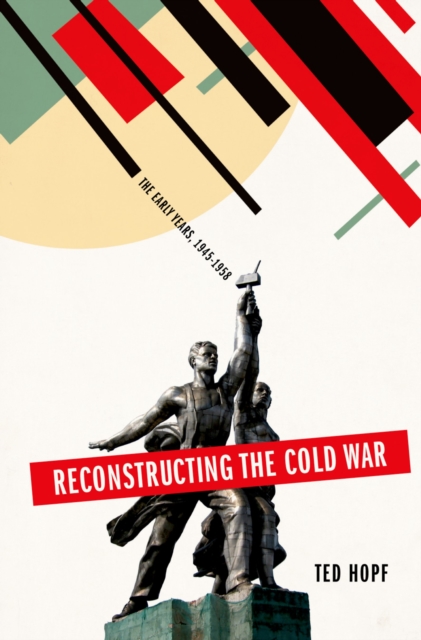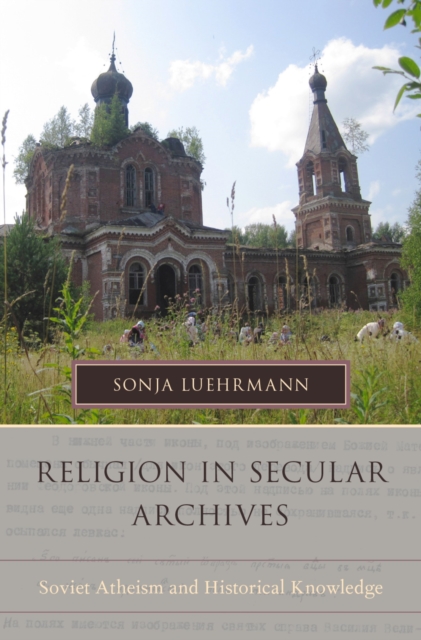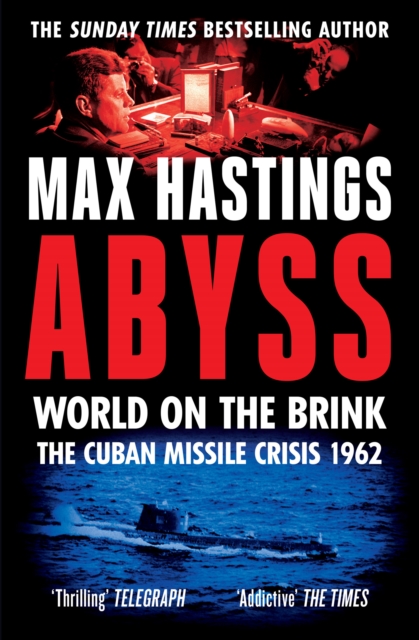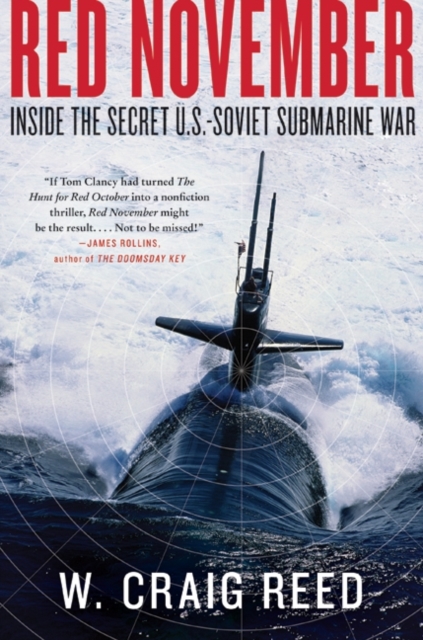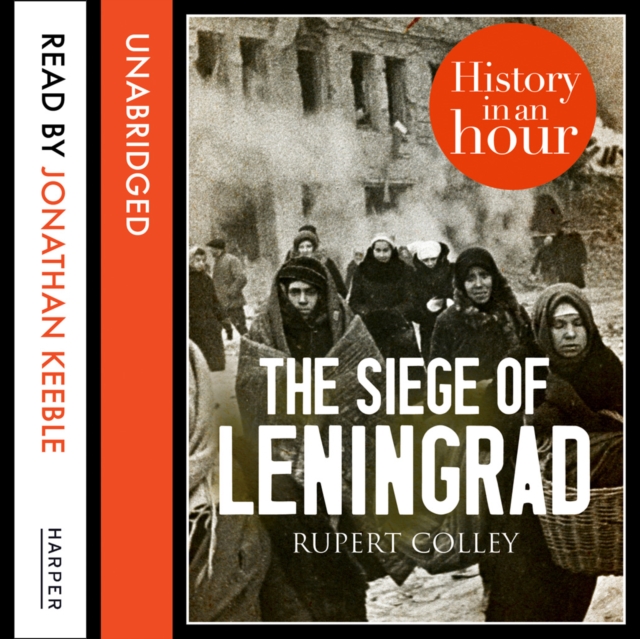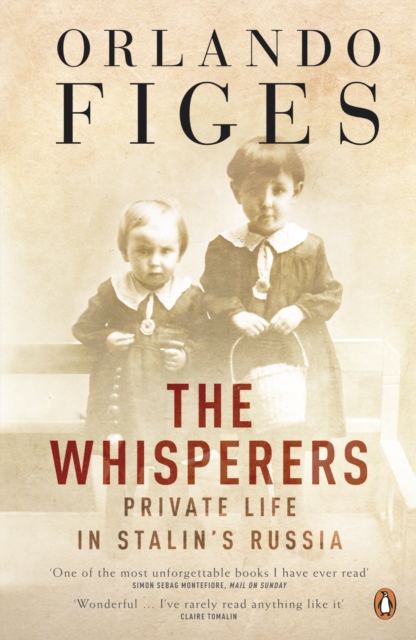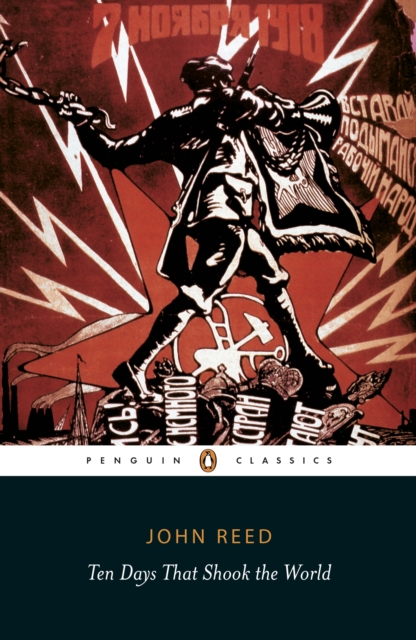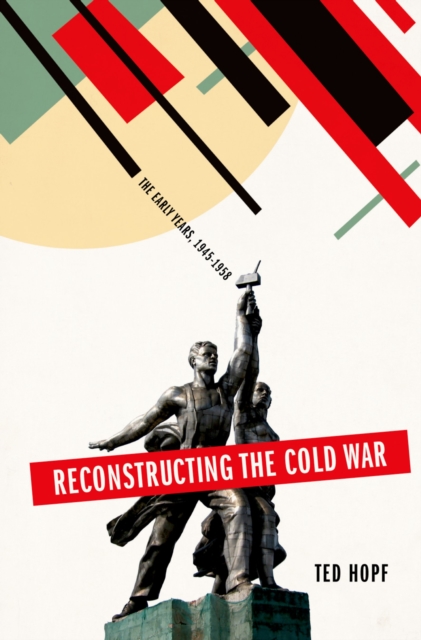General answers are hard to imagine for the many puzzling questions that are raised by Soviet relations with the world in the early years of the Cold War. Why was Moscow more frightened by the Marshall Plan than the Truman Doctrine? Why would the Soviet Union abandon its closest socialist ally, Yugoslavia, just when the Cold War was getting under way? How could Khrushchev's de-Stalinized domestic and foreign policies at first cause a warming of relations with China, and then lead to the loss of its most important strategic ally? What can explain Stalin's failure to ally with the leaders of the decolonizing world against imperialism and Khrushchev's enthusiastic embrace of these leaders as anti-imperialist at a time of the first detente of the Cold War?It would seem that only idiosyncratic explanations could be offered for these seemingly incoherent policy outcomes. Or, at best, they could be explained by the personalities of Stalin and Khrushchev as leaders. The latter, although plausible, is incorrect. In fact, the most Stalinist of Soviet leaders, the secret police chief and sociopath, Lavrentii Beria, was the most enthusiastic proponent of de-Stalinized foreign and domestic policies after Stalin's death in March 1953. Ted Hopf argues, instead, that it was Soviet identity that explains these anomalies. During Stalin's rule, a discourse of danger prevailed in Soviet society, where any deviations from the idealized version of the New Soviet Man, were understood as threatening the very survival of the Soviet project itself. But the discourse of danger did not go unchallenged. Even under the rule of Stalin, Soviet society understood a socialist Soviet Union as a more secure, diverse, and socially democratic place. This discourse of difference, with its broader conception of what the socialist project meant, and who could contribute to it, was empowered after Stalin's death, first by Beria, then by Malenkov, and then by Khrushchev, and the rest of the post-Stalin Soviet leadership. This discourse of difference allowed for the de-Stalinization of Eastern Europe, with the consequent revolts in Poland and Hungary, a rapprochement with Tito's Yugoslavia, and an initial warming of relations with China. But it also sowed the seeds of the split with China, as the latter moved in the very Stalinist direction at home just rejected by Moscow. And, contrary to conventional and scholarly wisdom, a moderation of authoritarianism at home, a product of the discourse of difference, did not lead to a moderation of Soviet foreign policy abroad. Instead, it led to the opening of an entirely new, and bloody, front in the decolonizing world. In sum, this book argues for paying attention to how societies understand themselves, even in the most repressive of regimes. Who knows, their ideas about national identity, might come to power sometime, as was the case in Iran in 1979, and throughout the Arab world today.
Get Reconstructing the Cold War by at the best price and quality guranteed only at Werezi Africa largest book ecommerce store. The book was published by and it has pages. Enjoy Shopping Best Offers & Deals on books Online from Werezi - Receive at your doorstep - Fast Delivery - Secure mode of Payment
Digital Rights Management (DRM)
The publisher has supplied this book in encrypted form, which means that you need to install free software in order to unlock and read it.
Required software
To read this ebook on a mobile device (phone or tablet) you'll need to install one of these free apps:
To download and read this eBook on a PC or Mac:
-
Adobe Digital Editions
(This is a free app specially developed for eBooks. It's not the same as Adobe Reader, which you probably already have on your computer.)
 Jacket, Women
Jacket, Women
 Woolend Jacket
Woolend Jacket
 Western denim
Western denim
 Mini Dresss
Mini Dresss
 Jacket, Women
Jacket, Women
 Woolend Jacket
Woolend Jacket
 Western denim
Western denim
 Mini Dresss
Mini Dresss
 Jacket, Women
Jacket, Women
 Woolend Jacket
Woolend Jacket
 Western denim
Western denim
 Mini Dresss
Mini Dresss
 Jacket, Women
Jacket, Women
 Woolend Jacket
Woolend Jacket
 Western denim
Western denim
 Mini Dresss
Mini Dresss
 Jacket, Women
Jacket, Women
 Woolend Jacket
Woolend Jacket
 Western denim
Western denim
 Mini Dresss
Mini Dresss



